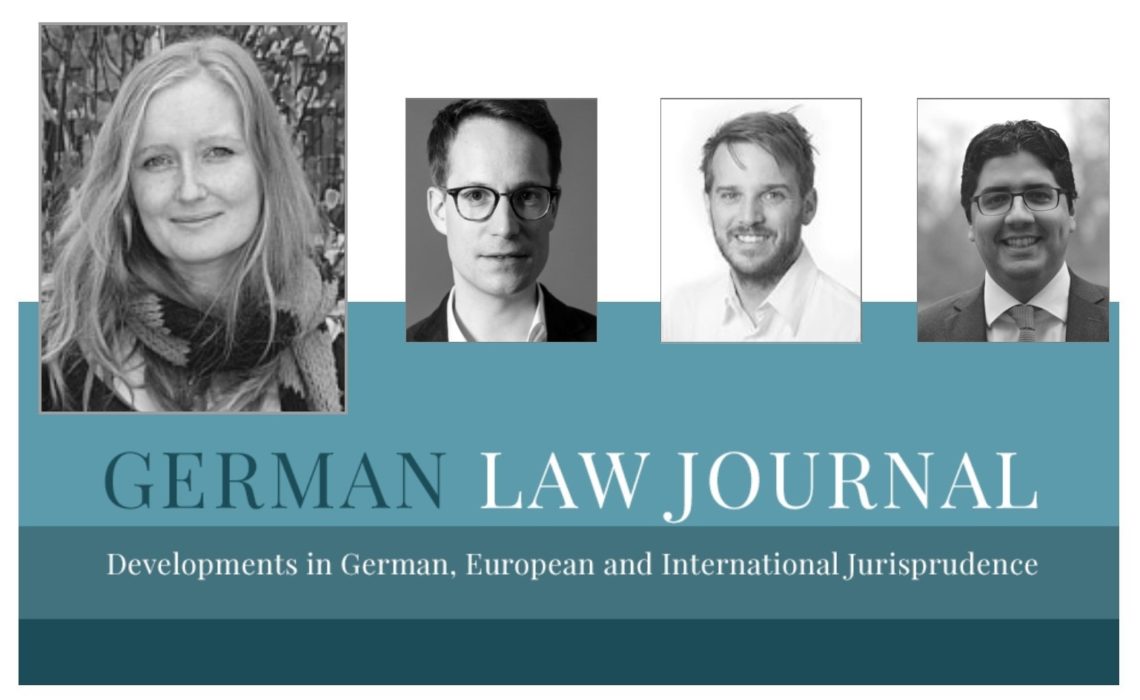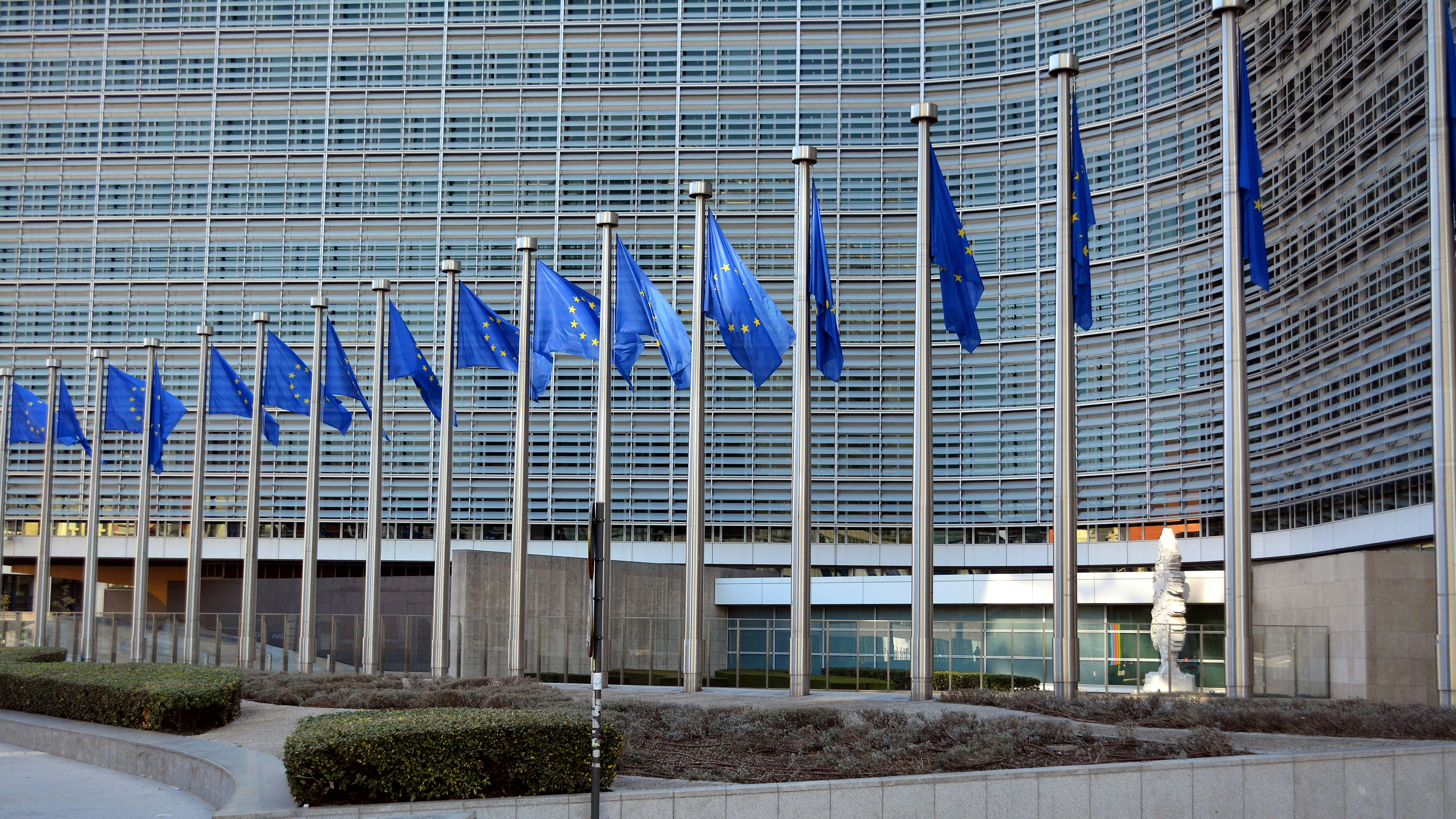
GLJ New Editors-in-Chief: Jule Mulder
Introducing the First of Four New GLJ Editors-in-Chief: Jule Mulder
Several veterans of the German Law Journal’s editorial board have joined Russell Miller (one of the journal’s co-founders and its long-serving editor) as part of a panel of Chief Editors. This exciting development signals the Journal’s continuing dynamism and growth. In the coming issues the new EICs will introduce themselves and offer remarks on their vision for the Journal. We begin this series with the introduction of Jule Mulder (Bristol Law School).
* * * * *
My name is Jule Mulder and I am one of the new Editors-in-Chief of the German Law Journal. I am currently based at the University of Bristol Law School and have worked on the editorial board since 2014. My primary research interest falls within the area of European Comparative law. As such, I am particularly interested in the interaction between the European legal system and the national law of the Member States, including the dialogue between national and European courts, the harmonisation process and the way national legal cultures influence the application of EU (harmonised) law and ultimately determining its effectiveness. My academic background is fundamentally European. I have studied and researched law in the Netherlands, Germany, and the UK. I strongly believe in the value of integration, international and transnational discourses, and European cross-national cooperation broadly conceived.
It is my ambition to build on the excellent reputation of the German Law Journal and ensure that it provides a platform for comparative legal discourses that can contribute to the mutual understanding of different legal cultures and the exchange of ideas on rights, legal principles, and the role of law in the broader cultural context across legal, territorial, and geographical boundaries. I will work to strengthen the German Law Journal’s contribution to comparative and transnational legal discourses to facilitate the (academic legal) dialogues between civil and common law traditions, as well as between the European continent, North America, and the rest of the world. I would like to encourage our authors to engage with comparative and transnational discourses and explore new ideological, (inter)disciplinary, and methodological frontiers to facilitate the understanding of different legal cultures, the role of law in the broader cultural and societal context, and the development and functioning of different legal approaches.
Countries across Europe and North America have begun to turn their backs on transnational and international discourses in law – not to mention rights and legal developments with roots in those realms. This shift involves a preference for inward-looking and isolationist ideals. In this climate, the German Law Journal project is more important than ever. It provides an intellectual platform to facilitate the exchange of ideas and insights into our common legal humanity, as well as on the value of diversity and the engagement with “foreign” legal systems and cultures. I hope that my contribution will ensure that the German Law Journal continues to provide such a platform and facilitates international dialogue, intercultural/legal exchange, and the brave exploration of new approaches towards legal research and discourses in a transnational and comparative context.







